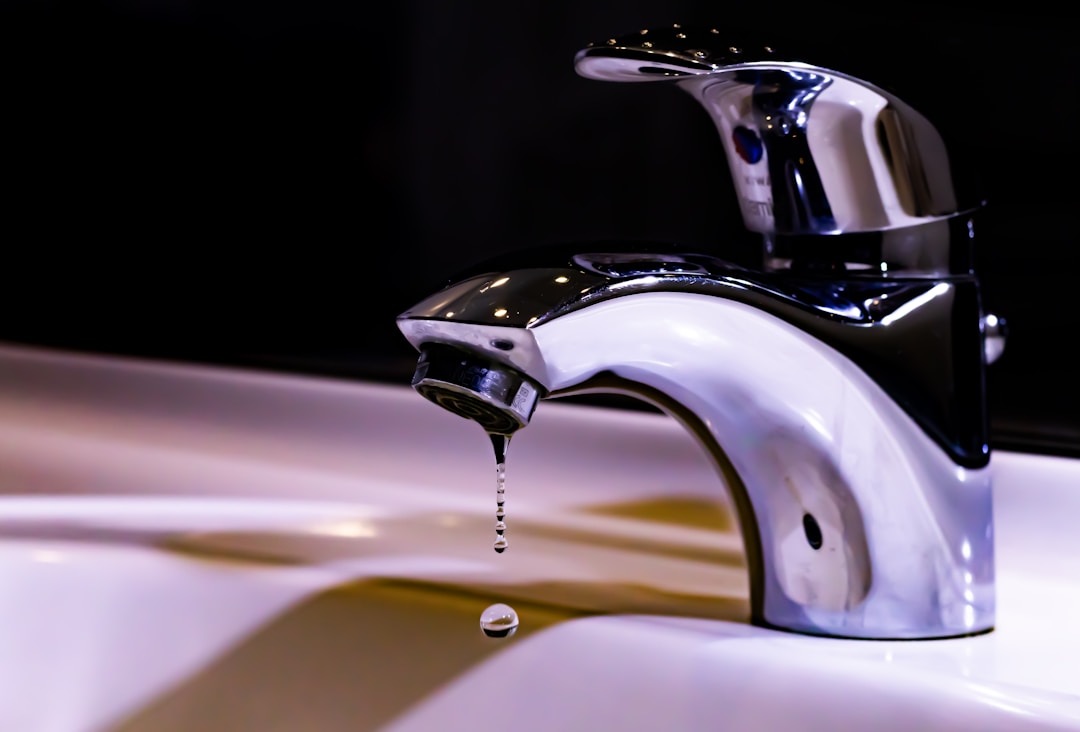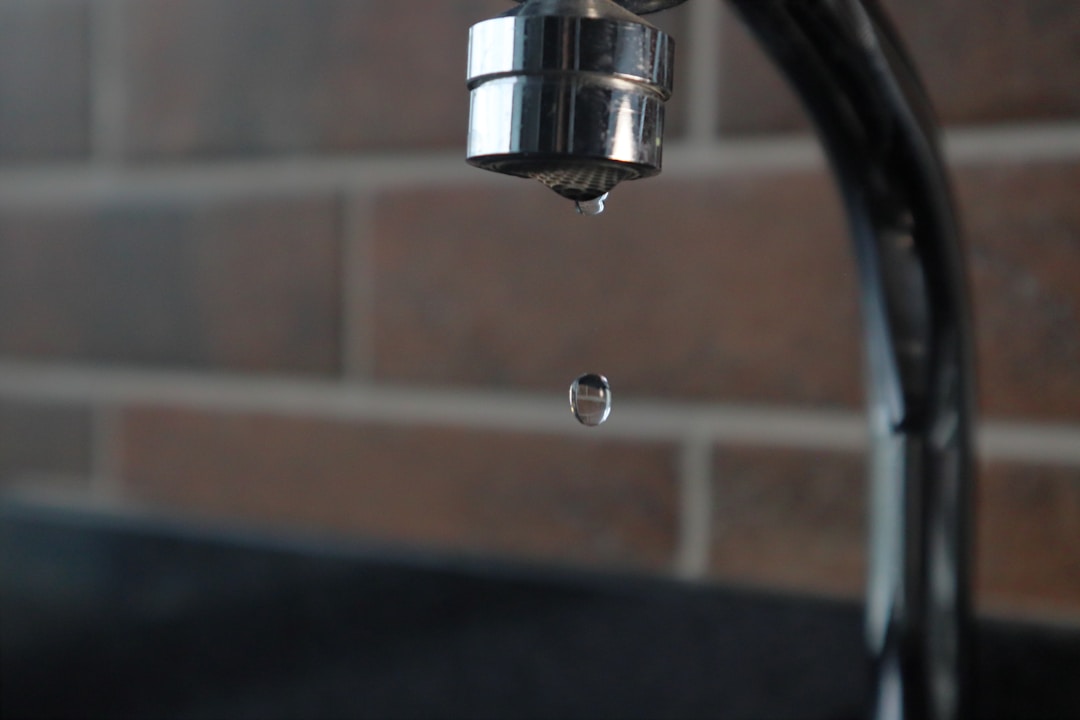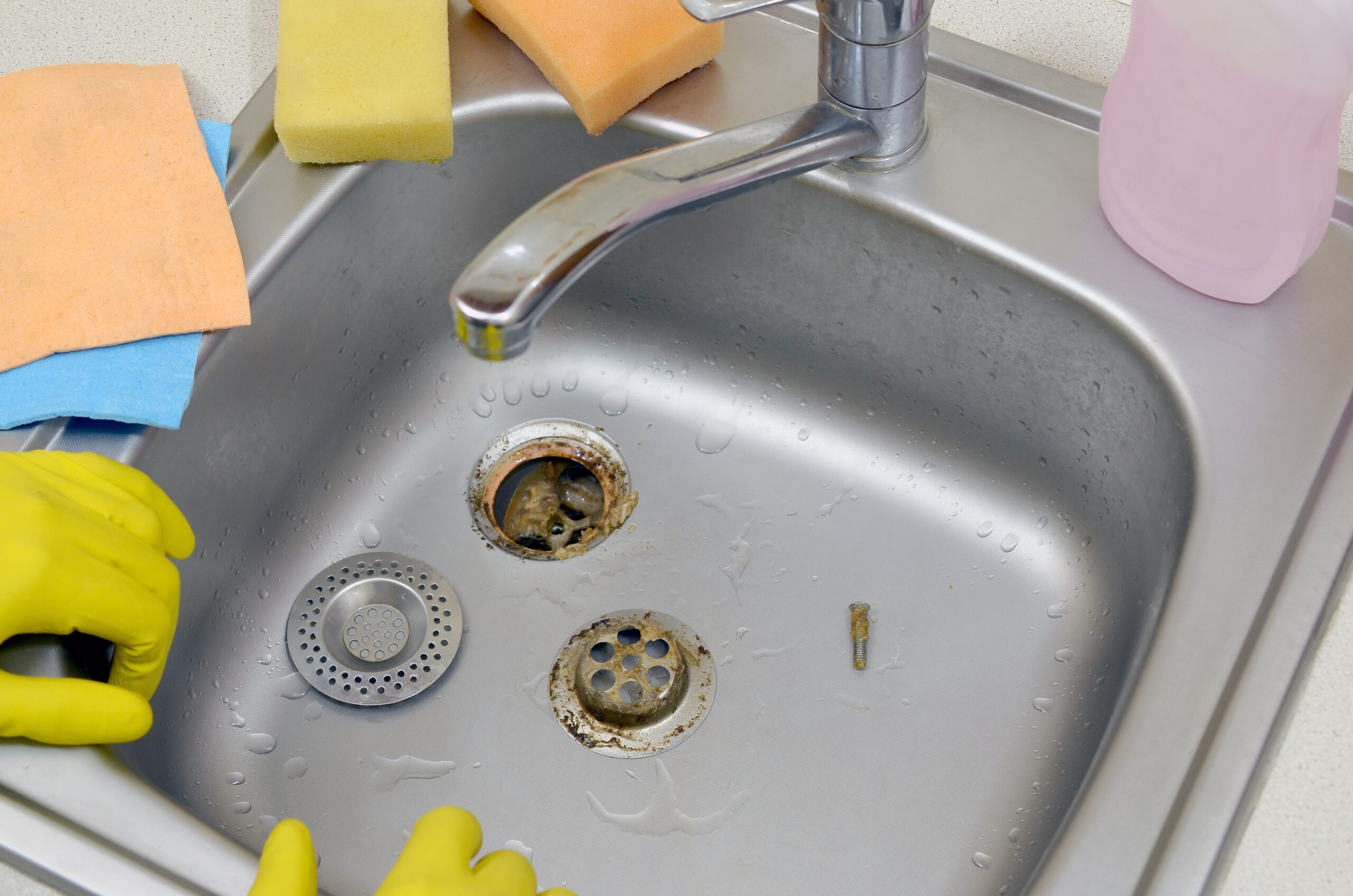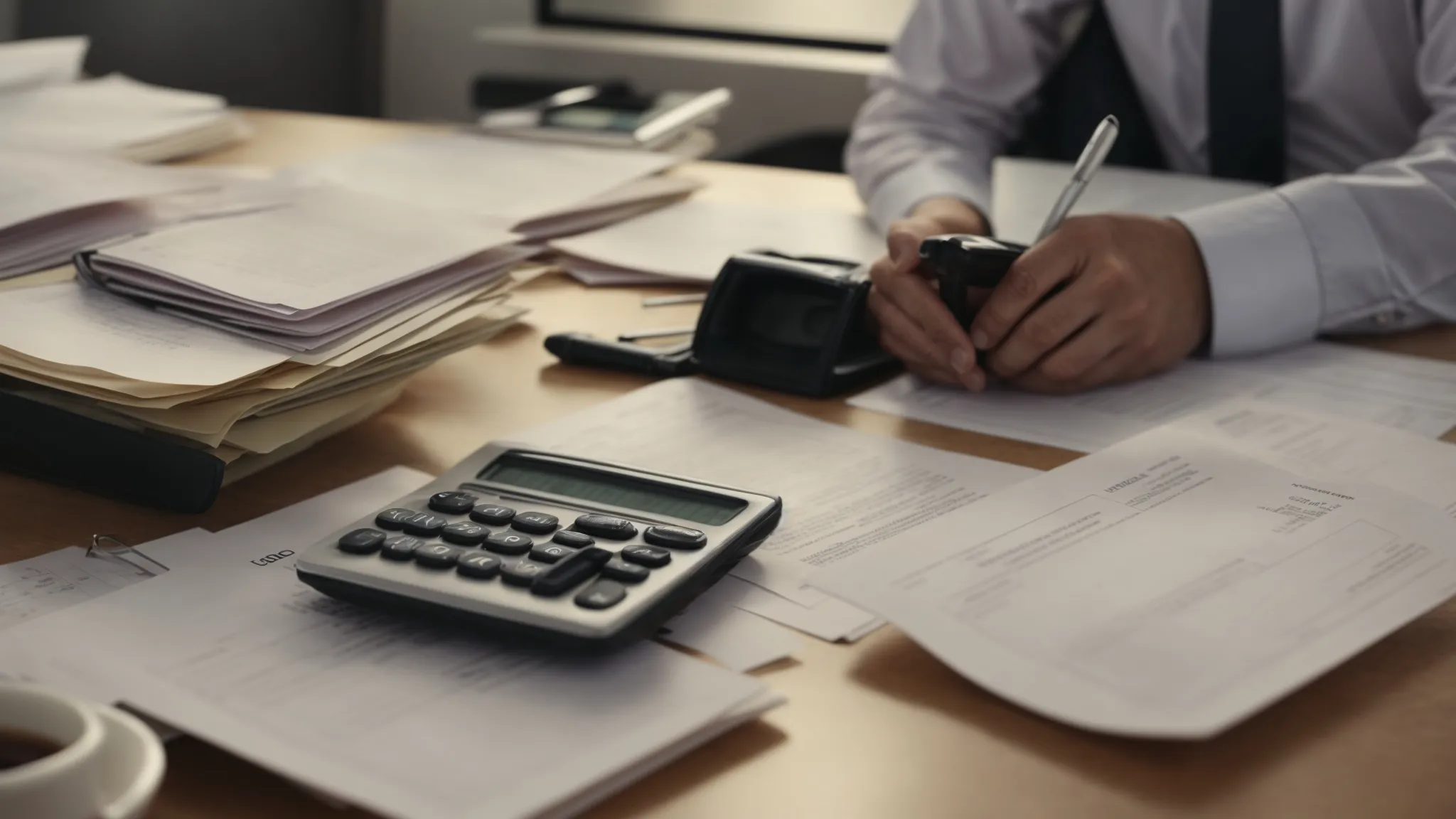In this modern world, we find ourselves increasingly reliant on efficient plumbing systems to cater to our daily needs. However, nothing hinders the smooth functioning of a home quite like a clogged drain. The reasons behind this inconvenience can be numerous and vary from simple to complex. Understanding the causes can significantly aid in prevention, providing a long-term solution. Below, we explore the common causes of clogged drains and how to prevent them. If you’re in need of some advice, keep reading!
Food Residues and Grease Deposits

The kitchen sink is typically the main victim of food residues and grease. These substances have a tendency to stick to the inner sides of pipes, causing gradual build-ups that can eventually lead to blockages. It’s incredibly easy for us to wash off leftover food and greasy plates in the sink without giving a second thought to the long-term consequences. To avert this, it’s recommended to have separate means to dispose of leftover food, as throwing such waste down the sink on a regular basis can cause serious clogs.
In instances where a clog has already formed, you may need professional assistance. There are several efficient methods used by plumbing experts, such as organic drain cleaning in Austin. Professional plumbers possess the knowledge, skills, and experience to handle a wide range of plumbing problems. They have undergone extensive training and are equipped with the right tools and equipment to diagnose and fix issues. By hiring a professional, you can have peace of mind knowing that the problem will be properly identified and resolved, reducing the risk of further damage or recurring issues.
Hair Blockages
Whether it’s the bathroom sink, bathtub, or shower drain, hair is a common problem leading to clogs. Every time you take a shower or wash your hair in the sink, strands of hair can fall out and eventually accumulate in the drains. Over time, this collection of hair can form a sizable blockage that can disrupt the smooth flow of water. Whilst it may seem a small inconvenience at first, the blockage can gradually grow, causing plumbing issues that can affect the function of your drains.
It’s a good idea to regularly check your drains and remove any hairs before they have the chance to cause a clog. There are also numerous specially designed tools available in the market that can be used to catch and remove hair from drains effectively. In extreme cases where blockages are consistent and hard to reach, seeking professional advice would be the best course of action. Plumbers are equipped with the tools and expertise to tackle clogs caused by hair and other materials.
Mineral Buildups

Minerals dissolved in hard water can precipitate out, forming insoluble masses that can result in a clog. This issue is problematic in areas where hard water is prevalent. Over time, these mineral deposits can corrode pipes, cause blockages, and reduce the efficiency of your plumbing system. These types of blockages often require professional intervention, as the mineral deposits can be quite hard and tough to break down. A water softener is a long-term solution to this problem. It reduces the mineral content in your water thus preventing the formation of insoluble mineral masses.
Prevention is better than cure. Taking steps to prevent these problems can save you a lot of time, money, and inconvenience down the line. Whether you’re dealing with food residues, hair, or mineral buildups, understanding these common causes allows you to prevent clogs in your plumbing system.
Inappropriate Items Down The Drain
It’s not always obvious what should and shouldn’t go down the drain. Items such as wipes, nappies, or sanitary products can cause considerable blockages. Therefore, it’s important to educate everybody in the household about what is acceptable to put down the drain. Drains are not trash cans. Avoid flushing anything other than wastewater down the drains. If the item is not biodegradable, it’s likely to cause a blockage.
The most common items that are inappropriate to put into drains include tissues, nappies, cotton wool, food waste, fats, and oils, which can be particularly harmful. Regularly educate your household members and remind them of the consequences of careless disposal of waste items. Keep waste bins near the sinks and toilets to encourage the disposal of waste items into them rather than into the drains.
Tree Roots

Tree roots are a primary cause of outdoor drain blockages. Tree roots can infiltrate even the smallest cracks in your sewer lines in their search for water, especially during dry spells. Once inside, they grow and multiply, leading to a complete blockage of the pipes.
Watch the growth of trees near your property’s sewer lines. Regular inspection and maintenance of your outdoor drainage system can prevent these issues. This may include cutting back tree roots from the vicinity of your sewage system or applying root-killing chemicals into your sewer system as a preventive measure.
Such preventive measures will save you from the inevitable amenities of a blocked drain that would necessitate professional intervention. If the damage is already done, professional drain cleaning services can ensure that your pipes are thoroughly cleaned and that the tree roots inside are removed.
Old and Damaged Pipes
The condition of your pipes can also contribute to drain blocks. Old, damaged, or corroded pipes can become weak and crack, allowing debris to infiltrate and cause a blockage. Furthermore, pipes that are structurally misaligned can create abnormal flow patterns or standing water, inviting sediment buildup that can eventually lead to clogs. Regular inspection of your home’s plumbing system can help you spot potential issues before they escalate into major problems.
Look out for signs of problems, such as slow drains, recurring clogs, or unpleasant odors emanating from your drains. If you notice any such signs, it’s time to call a professional plumber for an inspection. While you may not always be able to see the state of your pipes and drains, a little care and maintenance can go a long way in avoiding unnecessary headaches and costly repairs. If you are already facing a blocked drain scenario, don’t hesitate to call for professional service.
Toilet Paper Overuse

Overuse or improper disposal of toilet paper can lead to blocked drains. While most toilet paper is biodegradable and designed to disintegrate in water, using too much can cause a blockage before it has a chance to break down. Adopting the right habits can mitigate such a problem. Use toilet paper sparingly and avoid flushing large clumps all at once. Instead, consider disposing of excessive toilet paper in a waste bin. You should also only flush toilet paper, other bathroom products should be thrown in the trash.
For households with small children, it’s a good idea to keep an eye on their use of toilet paper, as they may unwittingly use too much, leading to potential blockages. In any case, it’s always useful to remember that moderation is key to maintaining a healthy and functioning plumbing system. Homeowners’ insurance may cover certain home repair issues, but you’ll need to check if it covers your plumbing repairs.
As this article clearly illustrates, clogged drains are usually a result of unwanted materials and objects getting stuck in the drain pipes. By taking simple preventive measures regularly, you can keep your drains running smoothly and avoid the potential headache and inconvenience of a clogged drain. However, if you’ve taken all the preventive steps and are still facing issues, don’t hesitate to call a professional plumber.







